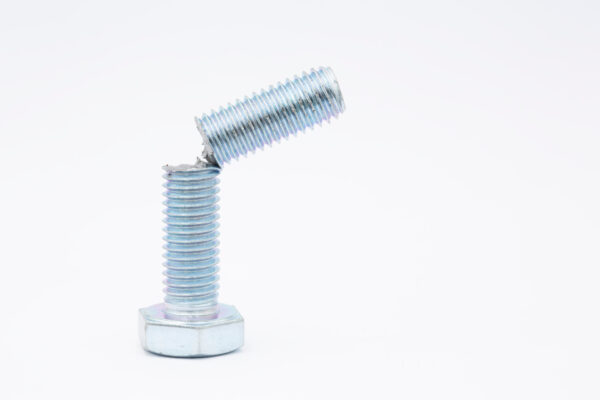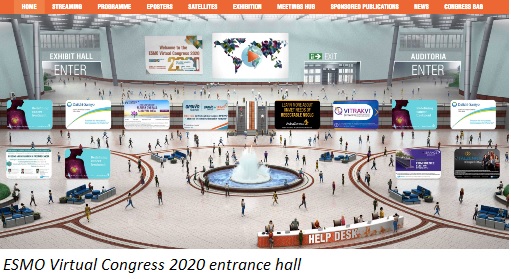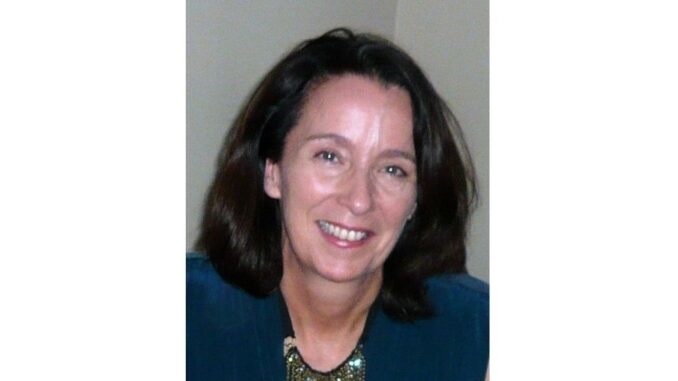Tributes have poured in for Karen Benn, deputy CEO and head of public affairs at Europa Donna, who died on 4 September. Karen was one of the longest serving officers at Europa Donna, the European Breast Cancer Coalition that unites advocacy in Europe, having joined in 2003 after working in the business sector for a number of large companies. Since then she has been instrumental in raising the profile of breast cancer advocacy, care and research, in particular at the highest levels in the European Union, paving the way for advocates of other cancers.
Stella Kyriakides, EU commissioner for heath and food safety, and past Europa Donna president, led the tributes, saying it is “almost impossible to describe the immense contribution and impact Karen had in the world of breast cancer advocacy”. She described “her warmth, her ability to emotionally connect with women from every country and background… I will always remember the long discussions we had together on how to make the world a better place for women diagnosed, on the importance of using our voices, of being the voices for others, of building on science and principles.”
In a letter to the advocacy community, Europa Donna CEO, Susan Knox, who worked with Karen throughout her time at the organisation, writes that she made “an enormous contribution to Europa Donna, carrying out projects in a wide variety of areas, from policy at the European Parliament to research projects with BIG [Breast International Group] and the European Commission, to managing our advocacy training course for many years.
“Karen accepted all challenges, and was willing to do everything necessary to improve breast services for women across Europe. She was constantly learning and increasing her knowledge on policy, European laws that could impact women with breast cancer, and scientific advances that could be important to women diagnosed with the disease.”
On the policy front, Karen started work at Europa Donna at a critical point, when the European Parliament adopted its first resolution on breast cancer. Translating this commitment to concrete outputs has been a major task given changes in parliament and the European Commission, and Karen helped launch projects such as the European Commission Initiative on Breast Cancer (ECIBC), extend the resolution to European Council level, and produce written declarations, with commitments to universal breast units and accreditation, screening, and the needs of patients with metastatic breast cancer.
Fatima Cardoso, director of the breast unit at the Champalimaud Clinical Center in Lisbon, and chair of the Advanced Breast Cancer (ABC) conference, said: “Karen was a wonderful person and advocate. She had skills that are not very common in the advocacy world, as an expert in policy issues, and so was a very strong asset for patients, Europa Donna and all the breast cancer field. She was instrumental in the lobbying work done at the European Commission and European Parliament. Karen also collaborated from the beginning with the ABC conference and guidelines effort, as well as with the ABC Global Alliance. She will be greatly missed by all of us in the field.”
Karen was well known to Cancer World and its parent body, the European School of Oncology (ESO). She contributed to ESO’s masterclasses on patient advocacy, talking about how to influence European policy and bring together many stakeholders; how to participate in research; and developing leadership skills. These events were just a few of her many engagements, which also included many major conferences such as ABC and the European Breast Cancer Conference, events at the European Parliament, and the EU’s joint actions on cancer.
Karen was also on the steering committee of Horizon 2020 research projects, and was equally at home working with academic colleagues as with policymakers and advocates. As she said: “It’s important to evaluate potential research projects carefully to ensure that the trial/study answers an important question of interest and of use, and that advocates are involved from the outset and have adequate resources for their involvement.”
One paper on which she is co-author is the European Breast Cancer Council manifesto on genetic risk testing, and colleagues appreciated her input that ensured the article was up to date on legal aspects. Detailed knowledge of pan-European law and regulation was also to the fore in another recent contribution at policy level, on work and cancer, which included research by Europa Donna, as reported in Cancer World.
One reason Karen joined Europa Donna was a strong family history of breast cancer, and she herself developed early and then metastatic breast cancer (MBC) while at the organisation. As Susan Knox adds, she even wanted to use her own experience and knowledge of MBC to conduct workshops at Europa Donna’s most recent MBC advocacy conference in 2019.
Susan concludes, “Karen’s wit, beauty, and dedication to breast cancer advocacy will be greatly missed, but never forgotten. Her life and career serve as an example of what an advocate can be and what an advocate can accomplish on behalf of others. I think that is what she would want us to remember the most.”
Karen was a native of Dublin, Ireland, and a ceremony will be held there.
[Article by Marc Beishon – courtesy of Cancer World]








